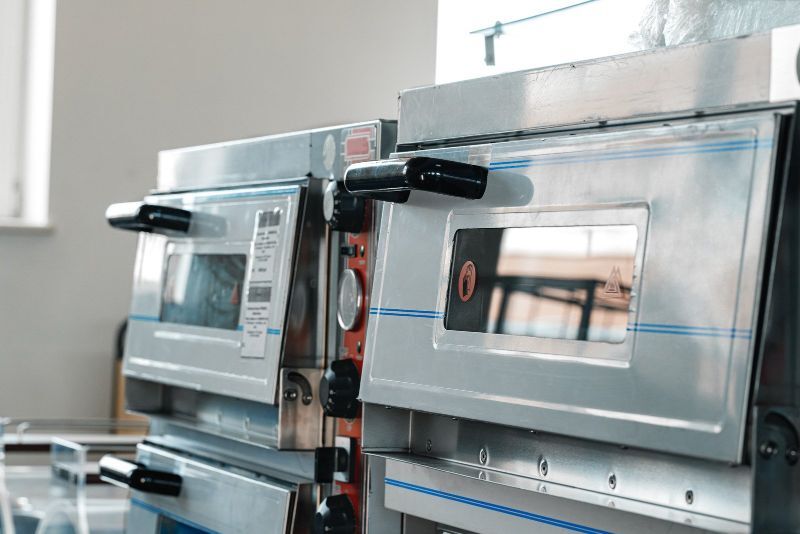Top 8 Best Countertop Pizza Ovens 2023
Who doesn’t love digging into a freshly made, hot pizza? Whether you’re making it for yourself, your family, or a party of friends, serving up this amazing delicacy can be an absolute treat. But to really get the best flavor and perfect crust from your pizza, you’ll want to invest in one of the best … Read more



